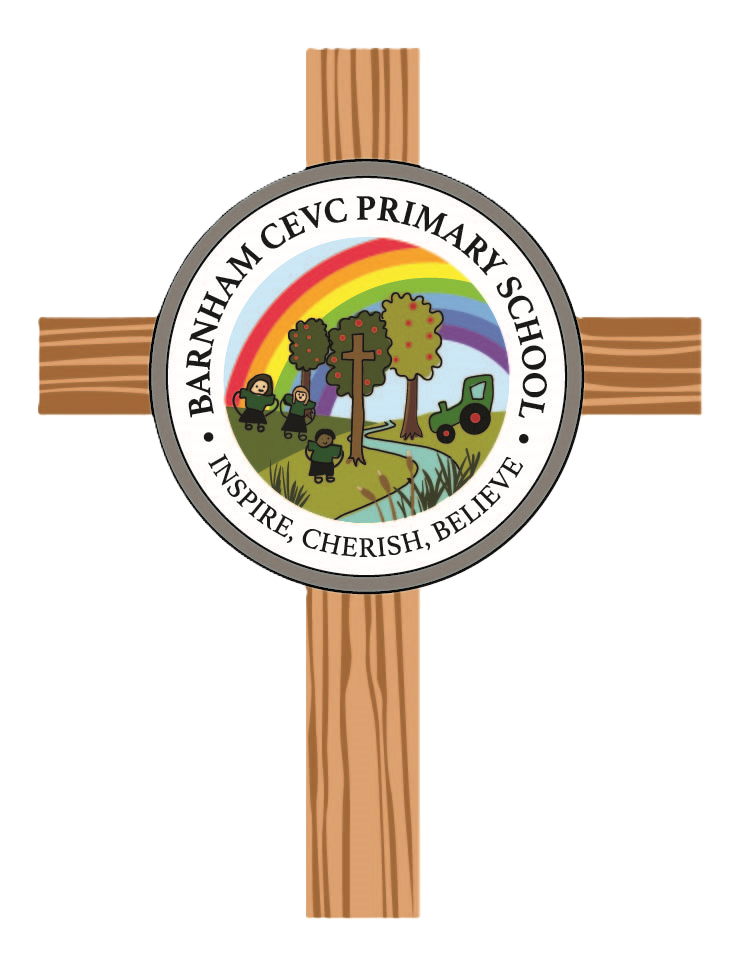Key Stage 2
Working Scientifically
At Barnham CEVCP children will gradually build on their scientific skills throughout the Key Stages based on National Curriculum expectations.
Lower Key Stage 2:
- Asking relevant questions and using different types of scientific enquiries to answer them
- Setting up simple practical enquiries, comparative and fair tests
- Making systematic and careful observations and, where appropriate, taking accurate measurements using standard units, using a range of equipment, including thermometers and data loggers
- Gathering, recording, classifying and presenting data in a variety of ways to help in answering questions
- Recording findings using simple scientific language, drawings, labelled diagrams, keys, bar charts, and tables
- Reporting on findings from enquiries, including oral and written explanations, displays or presentations of results and conclusions
- Using results to draw simple conclusions, make predictions for new values, suggest improvements and raise further questions
- Identifying differences, similarities or changes related to simple scientific ideas and processes
- Using straightforward scientific evidence to answer questions or to support their findings.
Upper Key Stage 2:
- Planning different types of scientific enquiries to answer questions, including recognising and controlling variables where necessary
- Taking measurements, using a range of scientific equipment, with increasing accuracy and precision, taking repeat readings when appropriate
- Recording data and results of increasing complexity using scientific diagrams and labels, classification keys, tables, scatter graphs, bar and line graphs
- Using test results to make predictions to set up further comparative and fair tests
- Reporting and presenting findings from enquiries, including conclusions, causal relationships and explanations of and a degree of trust in results, in oral and written forms such as displays and other presentations
- Identifying scientific evidence that has been used to support or refute ideas or arguments
